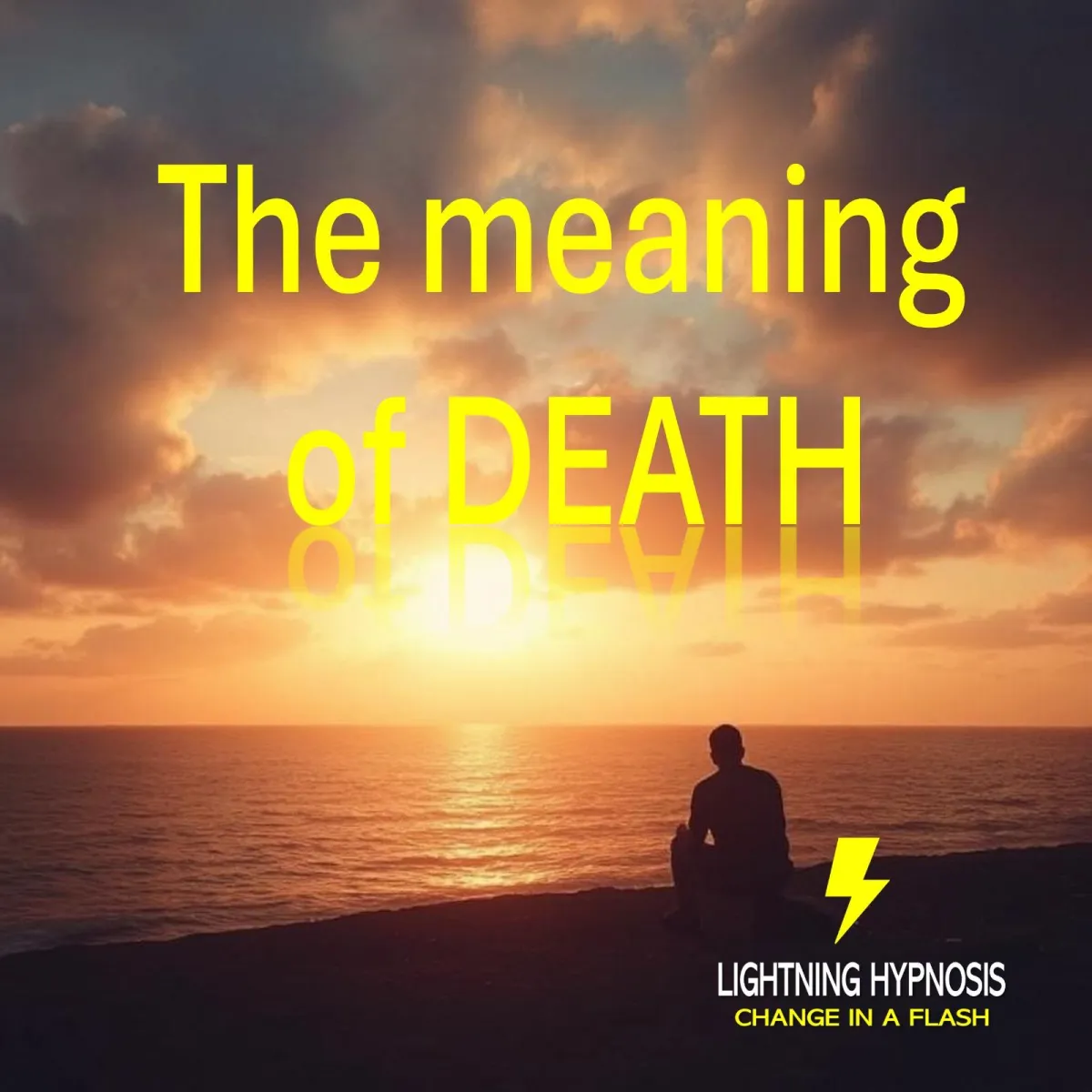
The Meaning of Death
The Meaning of Death
An Introspective Reflection
What Is Death?
Death is the cessation of physical existence, the point at which the body’s vital functions end and life, as it is biologically defined, concludes. Yet beyond its physical aspect, death carries profound emotional, philosophical, and spiritual dimensions. It represents both an end and a transition, a boundary between what is known and what remains unknowable. In many ways, death defines life itself, giving shape and urgency to the moments that come before it.
What Is the Purpose of Death?
The purpose of death can be seen through the lens of natural balance. It makes renewal possible in ecosystems, in families, in the evolution of species. On a personal level, it reminds humanity of impermanence and perspective, urging reflection on what truly matters. For some, death serves as a passage or transformation; for others, it simply marks the completion of a life’s journey. Whatever the belief, its inevitability invites contemplation about meaning, legacy, and acceptance.
Why Do People Fear Death?
Fear of death often stems from uncertainty, the unknown nature of what follows, or whether anything follows at all. It also arises from attachment: to people, to memories, to experiences that define identity. The finality of death challenges the human instinct to continue, to remain part of the unfolding story. Yet this fear also deepens appreciation for life, driving the desire to love, to create, and to endure in memory.
Where Does the Word “Death” Come From?
The word death originates from the Old English dēaþ, derived from Proto-Germanic dauthuz and the Proto-Indo-European root dheu-, meaning “to die, pass away, or perish.” Linguistically, it has long been tied to ideas of transition and completion, an ending that is both inevitable and integral to existence.
Is Death Peaceful or Painful?
Death can appear as both, depending on circumstance and perspective. Physically, it may come suddenly or gradually, gently or with struggle. Emotionally, it can bring sorrow to those left behind yet peace to those who have long suffered. In essence, death mirrors life’s complexity: neither entirely cruel nor entirely kind, but part of the natural continuum of experience.
What Is the Benefit of Understanding Death?
To understand death is to live more fully. Awareness of mortality encourages gratitude, clarity, and intention. It can dissolve trivial concerns and strengthen bonds between people. Recognizing that life is finite fosters compassion and urgency of understanding that every action, word, and moment holds value because it will not last forever.
What Can Be Done to Approach Death with Acceptance?
Acceptance grows from reflection, connection, and perspective. Learning about death, speaking openly about it, and honoring those who have passed can lessen fear. Practices such as mindfulness, gratitude, and the pursuit of purpose help align one’s view of death with peace rather than dread. It is not resignation but understanding an acknowledgment that death is an inseparable part of being alive.
The meaning of death lies not only in its end but in its reminder: that existence is temporary, precious, and deeply interconnected. Death defines the boundaries of life and gives significance to every breath within them. It is both mystery and teacher, silence and continuity. To contemplate death is not to invite despair but to awaken to recognize that what truly matters is not how life ends, but how it is lived before it does.
Written by: MLS & PP Rosario A. Zaragoza
“If you don't speak, you would never go forward.”
Written exclusively for Master Hypnotist and Complete Mind Therapist Chuck DeBroder and Lightning Hypnosis ⚡
Consultation here: Book a Call Now
or call +1-915-203-3007 and let's chat.
